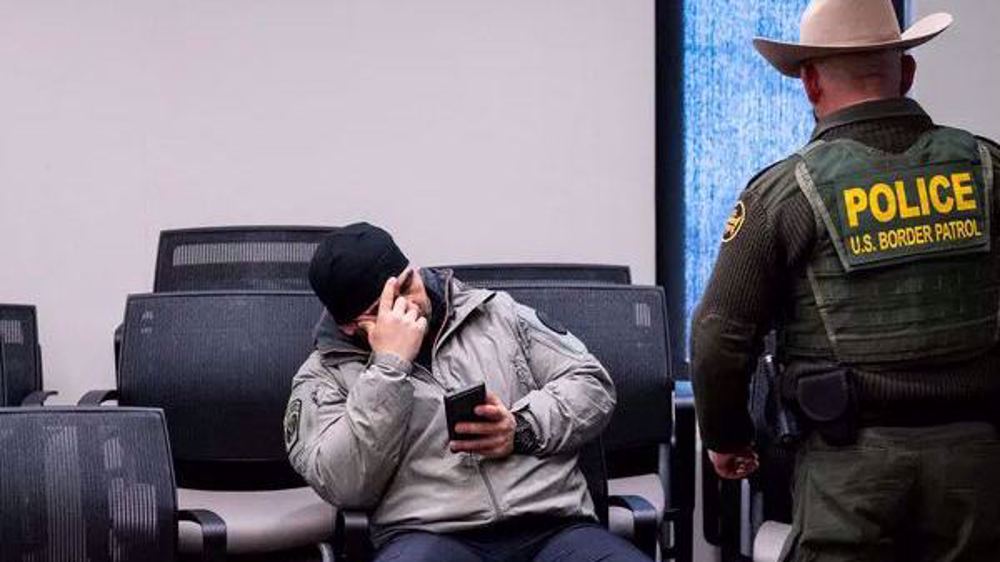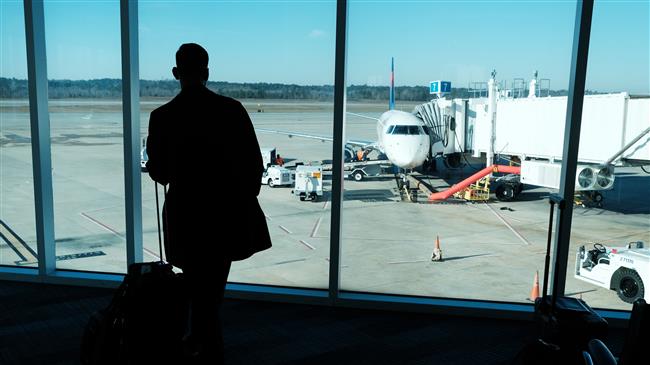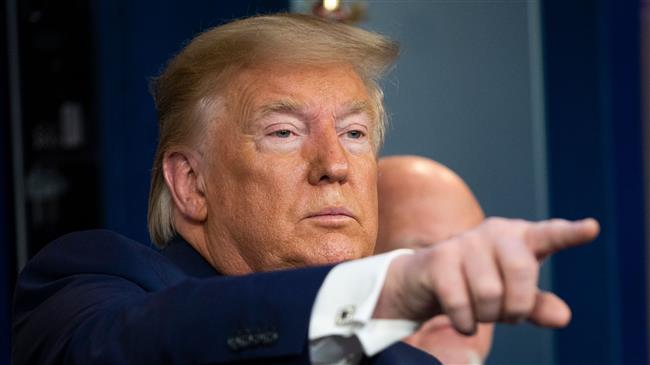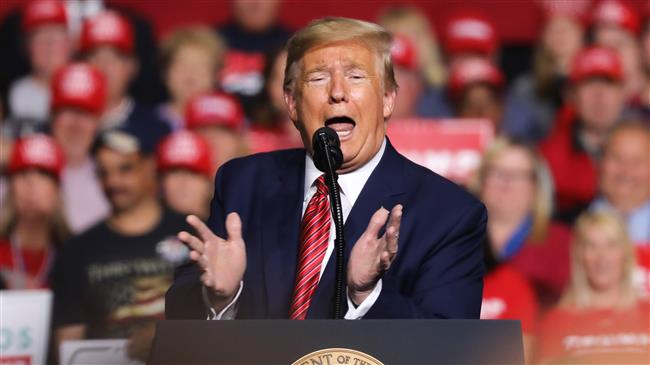Miami man tests negative for coronavirus but receives $3,270 bill
A man from Florida recently tested negative for coronavirus after returning to the United States from China but was billed $3,270 for the medical attention in a case that has highlighted deficiencies in America’s health care system.
Osmel Martinez Azcue received the hefty bill after he decided to undergo a test for what he feared might be a coronavirus infection when he developed flu-like symptoms following his return from a work trip to China.
Azcue took himself to Jackson Memorial Hospital in Miami for testing and since he had a limited insurance plan, he asked for a flu test instead of the CT scan recommended by clinicians.
Doctors told him he had the flu, not coronavirus and Azcue received an insurance claim for $3,270 two weeks later.
“How can they expect normal citizens to contribute to eliminating the potential risk of person-to-person spread if hospitals are waiting to charge us $3,270 for a simple blood test and a nasal swab?” he said in reaction to the bill.
Azcue’s experience shows that the potential cost of testing for the coronovirus could easily hamper US efforts for the containment of the disease since the average wage of workers without paid sick leave is $10 per hour in the United States.
Concerns have grown over the past week as the virus started to spread deeper into the country.
President Donald Trump has been accused of downplaying the threat of the virus by Democrats and some health experts.
On Saturday, American health officials said a man in the Washington State in his 50s became the nation's first fatality from the coronavirus. The US Centers for Disease Control and Prevention also said there were at least 71 confirmed or presumptive positive coronavirus cases in the United States.
Trump has tapped Vice President Mike Pence to lead the administration’s response to the coronavirus. Pence has announced a series of new travel restrictions in order to help limit the spread.
Coronavirus, known as COVID-19, first emerged in China in December last year. The highly transmissible virus targets the respiratory system and is now affecting some 60 countries.
ICE quietly buys warehouses for major detention expansion
Family of US citizen killed by Israeli settler demands end to impunity
VIDEO | Press TV's news headlines
VIDEO | Trump’s 'Gaza Riviera' vs. tents: Deep divide over US' 12-point plan
VIDEO | Palestine Action is back!
Iran’s military alertness main ‘deterrent’ against enemy miscalculations: Top commander
Hezbollah confirms 8 fighters killed in Israeli strikes on eastern Lebanon
Settler attacks in West Bank have displaced 880 Palestinian families: UN















 This makes it easy to access the Press TV website
This makes it easy to access the Press TV website